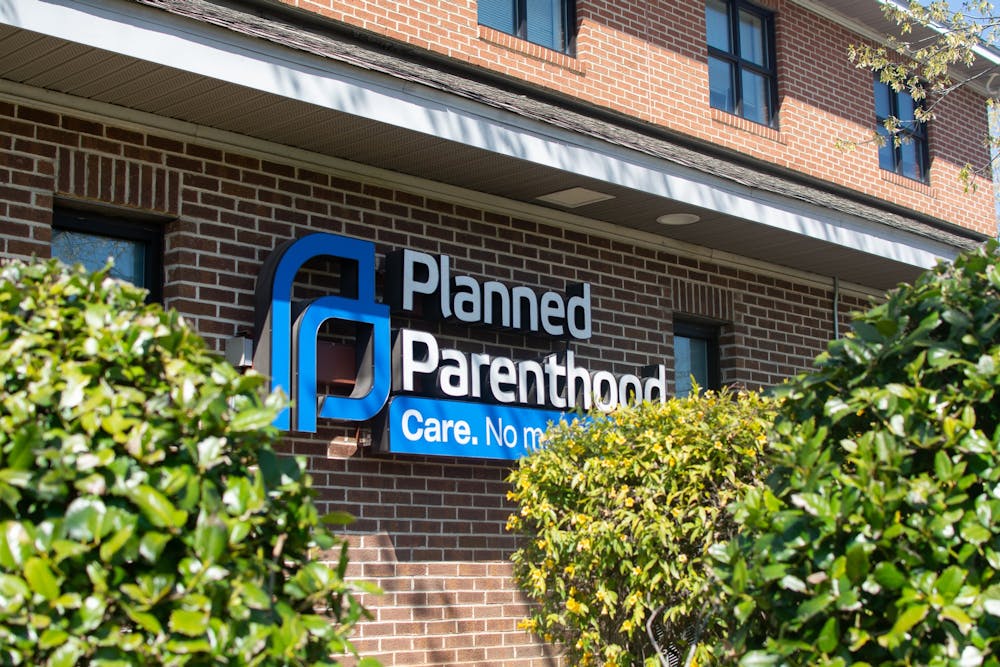The Women’s Public Health and Safety Act was introduced to the U.S. Senate in mid-February — less than a year after Roe v. Wade was overturned by the U.S. Supreme Court.
The bill could give states the ability to exclude abortion providers from receiving state Medicaid funds unless an abortion is deemed necessary due to rape, incest or a life-threatening situation.
It will negate current federal law, which requires states to allow any legitimate medical provider to participate in a state’s Medicaid program.
On Feb. 28, U.S. Sen. Thom Tillis (R-NC) announced in a press release that he is co-sponsoring the bill. U.S. Sen. James Lankford (R-OK) is the primary sponsor of the bill.
“Abortion is not health care,” Lankford said in a press release from co-sponsor U.S. Sen. James Risch (R-ID). “It should not be controversial to say that taxpayers shouldn’t be forced to support abortion providers. States should have the right to decide that Medicaid funds will not support an abortion provider’s bottom line."
Tillis' press release said Planned Parenthood received nearly $1.3 billion in Medicaid reimbursements over a three-year period. This accounts for 81 percent of the reproductive health care provider’s joint federal-state funding stream, according to the release. The release said the data came from a U.S. Government Accountability Office report.
“Organizations like Planned Parenthood should not be receiving taxpayer dollars to perform abortions,” Tillis said in the statement. “This legislation will give authority back to the states to choose where Medicaid dollars should go, and I am proud to co-sponsor this legislation to protect life.”
Jillian Riley, the director of public affairs for Planned Parenthood South Atlantic, said the bill is an attack on sexual and reproductive health care.
Riley explained that the act would stop people from receiving services such as contraceptives, breast cancer screenings, STI testing and treatments and more.




